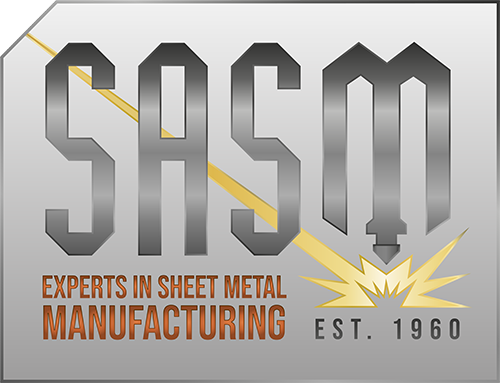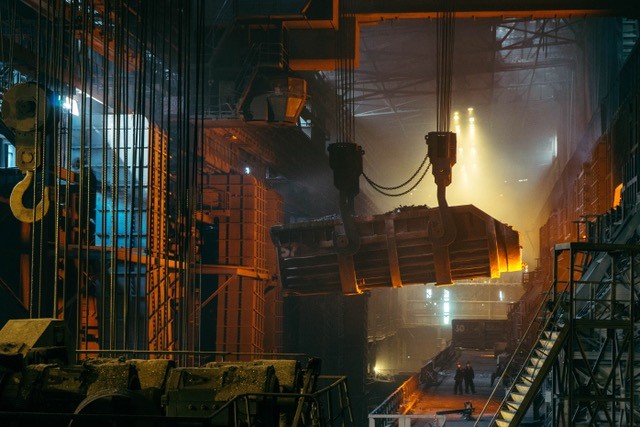Political uproar underlines the importance of getting the most from your imported steel sheet
The manoeuvrings in the White House might seem a world away from Nottingham and the metal laser cutting and sheet metal fabrication that takes place at St Ann’s day in and day out. However, the imported steel sheet industry is global in nature, and what happens on the other side of the world in what is still a key manufacturing hub, can ultimately have an effect on end users across the world – even here in the East Midlands!
So let’s take a look at what all the fuss is about, and see what lessons we can learn.
The Trump tariffs
Earlier this year, President Trump signed an order imposing 25 percent tariffs on imported steel, as well as a 10 percent tariff on aluminium. The move was aimed at boosting domestic production and looks on the face of it like a swipe at the cheap Chinese steel that has risen to global prominence over recent decades.
However, a closer look shows that the US actually imports very little steel from Asia, as existing nation-specific tariffs have already rendered it financially impractical to do so. Instead, the majority of US steel imports originate from Canada and the EU, particularly Germany.
Critics have suggested that far from boosting the economy, the tariffs will damage it. A vast number of businesses rely on steel supplies to thrive, for example in manufacturing and construction. The US will not be able to step up production overnight, and inevitably, costs to US businesses that rely on steel will go up. Last time the US introduced this kind of blanket tariff, in 2002, it resulted in around 200,000 job losses
The fall out
A legal challenge has been mounted from within the US by the American Institute for International Steel, which claims that the President’s action is unconstitutional. Meanwhile, here in the EU, there is the likelihood of retaliatory action in terms of tariffs being placed on key US exports.
It is this kind of trade war that world leaders have striven to avoid over recent decades, and there has been a long-standing “gentlemen’s agreement” that it is a similar concept to the “nuclear deterrent.” However, in imposing these tariffs, President Trump has effectively pressed the big red button.
What does it mean for us?
Events in the US bring home just what an important commodity steel is. Anyone involved in using or buying steel will be well aware that prices fluctuate in the same way as oil and other commodities. However, its value in terms of importance to other industries, the broader economy and even global harmony is something that is easy to overlook.
At St Ann’s Sheet Metal, we have made significant investment into the very latest metal fabrication and laser cutting equipment to help you to minimise wastage and get the most out of every sheet of metal. After all, steel is a precious resource, and as the political wranglings across the water continue, its value of imported sheet metal, in every sense of the word, is only going to keep increasing.
Get in touch and lets see how we can help you




